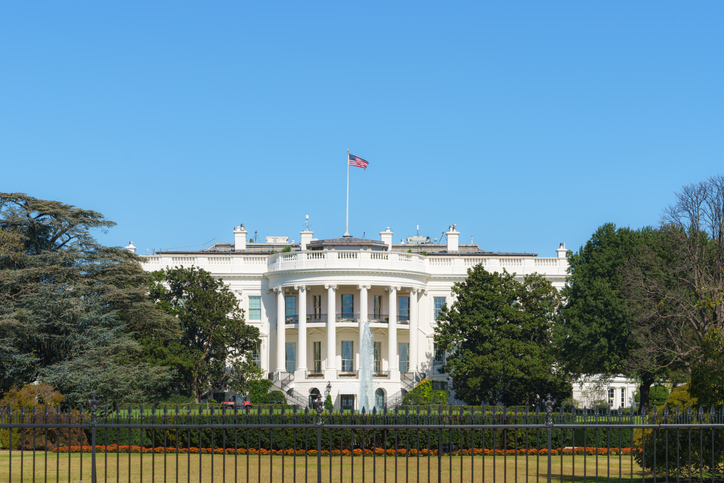
(WASHINGTON) — President Joe Biden’s administration is scaling back his federal student loan cancellation program to protect against legal challenges, including two suits filed this week — with new guidelines now excluding at least hundreds of thousands of borrowers initially told they qualified for the forgiveness.
On Thursday, the Department of Education quietly updated its instructions on who qualifies for the debt forgiveness program of up to $20,000 for some Americans. (NPR first reported the change.)
The new guidance excludes people who took out federal loans that, while they were guaranteed by the government, were technically handled by private banks. As of Thursday, those borrowers — with Perkins loans and Federal Family Education Loans (FFEL) — can no longer qualify for the forgiveness program.
That change was made the same day as a lawsuit was filed by six Republican-led states targeting that very part of the program. The complaint argued that the debt cancellation would decrease revenue from interest payments for the private banks who manage those loans.
While about 4 million Americans in total have FFEL or Perkins loans, an administration official told ABC News that only about 770,000 of those borrowers will be affected by the change in the debt cancellation policy.
Forty-three million people are expected to qualify overall for the loan forgiveness, according to the Biden administration.
In a statement responding to the change, the Department of Education said it intended to provide relief “to as many eligible borrowers as quickly and easily as possible” — indicating the shift in their guidance was intended to protect as much of the entire program as possible amid the legal challenges.
The Department of Education said it was continuing to “explore additional legally-available options to provide relief to borrowers with privately owned FFEL loans and Perkins loans, including whether FFEL borrowers could receive one-time debt relief without needing to consolidate.”
There will still be FFEL and Perkins borrowers who do qualify for the relief, however, because anyone who had consolidated their education debt into federal direct loans before Thursday will still be eligible for the program — a nuance that is expected to be litigated in court.
Two lawsuits have so far been filed against the federal student loan forgiveness program.
The first, announced Tuesday in Indiana by the California-based Pacific Legal Foundation, is being argued on behalf of Frank Garrison, an Indiana resident and Pacific Legal Foundation attorney who says that his loans being forgiven would force him to pay state taxes on the canceled amount that he otherwise wouldn’t have to pay.
While the merits of the complaint have yet to be decided – and as Garrison seeks a temporary restraining order to halt the forgiveness program — the case’s mere existence shows conservatives believe they have found specific plaintiffs who can allege injury under the forgiveness program and so have standing to sue.
In statements this week, Pacific Legal Foundation said its suit was in response to the White House’s “flagrantly illegal” decision, which the firm cast as a violation of Congress’ authority.
In response, White House press secretary Karine Jean-Pierre argued on Tuesday that no one has to get their debt relieved and that the plaintiff could “choose to opt out” rather than be stuck with a tax bill.
“We want to be really clear here: Opponents of the Biden-Harris administration student loan plan are trying to stop it because they know it will provide much needed, again, relief for working families. Anyone who does not want to get that debt relief can choose to opt out,” she said.
On Thursday, in an escalation of the GOP’s emerging legal fight with the administration on student loan forgiveness, six Republican-led states filed suit against Biden in a bid to block his plan.
Governors for the six states — Arkansas, Iowa, Kansas, Missouri, Nebraska and South Carolina — claimed Biden is unfairly citing a national emergency, the COVID-19 pandemic, even as the president has said the pandemic is “over.”
“President Biden’s student loan forgiveness scheme is fundamentally unfair and would harm the American families forced to pay for it. Additionally, the Executive branch does not have unilateral authority to impose a sweeping student loan cancellation plan,” Nebraska Gov. Pete Ricketts said in a statement.
The White House, for its part, has accused the Republicans of “standing with special interests” versus a program that an administration spokesman said will boost working- and middle-class families.
ABC News’ Luke Barr and Sarah Kolinovsky contributed to this report.
Copyright © 2022, ABC Audio. All rights reserved.
